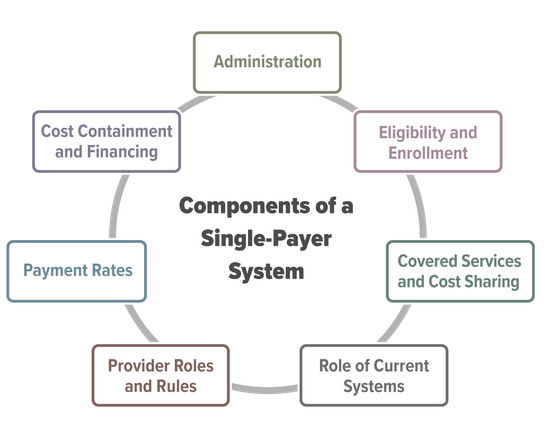- CMS: Medicare Program; Prospective Payment System and Consolidated Billing for Skilled Nursing Facilities; Updates to the Quality Reporting Program for Federal Fiscal Year 2026
- CMS: Medicare Program; FY 2026 Hospice Wage Index and Payment Rate Update and Hospice Quality Reporting Program Requirements
- Public Inspection: CMS: Medicare Program: Prospective Payment System and Consolidated Billing for Skilled Nursing Facilities; Updates to the Quality Reporting Program for Federal Fiscal Year 2026
- Public Inspection: CMS: Medicare Program: Fiscal Year 2026 Hospice Wage Index and Payment Rate Update and Hospice Quality Reporting Program Requirements
- CMS: Request for Information; Health Technology Ecosystem
- VA: Staff Sergeant Fox Suicide Prevention Grant Program Funding Opportunity
- State: 60-Day Notice of Proposed Information Collection: J-1 Visa Waiver Recommendation Application
- Public Inspection: CMS: Request for Information: Health Technology Ecosystem
- HHS: Request for Information (RFI): Ensuring Lawful Regulation and Unleashing Innovation To Make American Healthy Again
- VA: Solicitation of Nominations for the Appointment to the Advisory Committee on Tribal and Indian Affairs
- GAO Seeks New Members for Tribal and Indigenous Advisory Council
- VA: Staff Sergeant Fox Suicide Prevention Grant Program Funding Opportunity
- Telehealth Study Recruiting Veterans Now
- USDA Delivers Immediate Relief to Farmers, Ranchers and Rural Communities Impacted by Recent Disasters
- Submit Nominations for Partnership for Quality Measurement (PQM) Committees
Pennsylvania Oral Health Surveillance Plan Announced
The Pennsylvania Department of Health Oral Health Program is excited to announce the publication of the 2019-2024 Pennsylvania Oral Health Surveillance Plan. The Oral Health Surveillance Plan provides a consistent source of reliable and valid information for use in the monitoring of oral health status and trends of the state and for developing, implementing, and evaluating programs to improve the oral health of Pennsylvanians.
Congressional Budget Office Releases Report on Single-Payer Health Care System
Key Design Components and Considerations for Establishing a Single-Payer Health Care System
Congressional interest in substantially increasing the number of people who have health insurance has grown in recent years. Some Members of Congress have proposed establishing a single-payer health care system to achieve universal health insurance coverage. In this report, CBO describes the primary features of single-payer systems, as well as some of the key considerations for designing such a system in the United Stat es.
es.
Establishing a single-payer system would be a major undertaking that would involve substantial changes in the sources and extent of coverage, provider payment rates, and financing methods of health care in the United States. This report does not address all of the issues that the complex task of designing, implementing, and transitioning to a single-payer system would entail, nor does it analyze the budgetary effects of any specific bill or proposal.
Primary Care Clinician Participation in the CMS Quality Payment Program
Clinton MacKinney, MD, MS; Fred Ullrich, BA; and Keith J. Mueller, PhD
Approximately 10 percent of primary care clinicians participate in Advanced Alternative Payment Models (A-APMs) and less than 30 percent of primary care clinicians participate in the Merit-Based Incentive Payment System. Metropolitan primary care clinicians are more likely to participate in A-APMs than non-metropolitan primary care clinicians.
Click to download a copy: Primary Care Clinician Participation in the CMS Quality Payment Program
